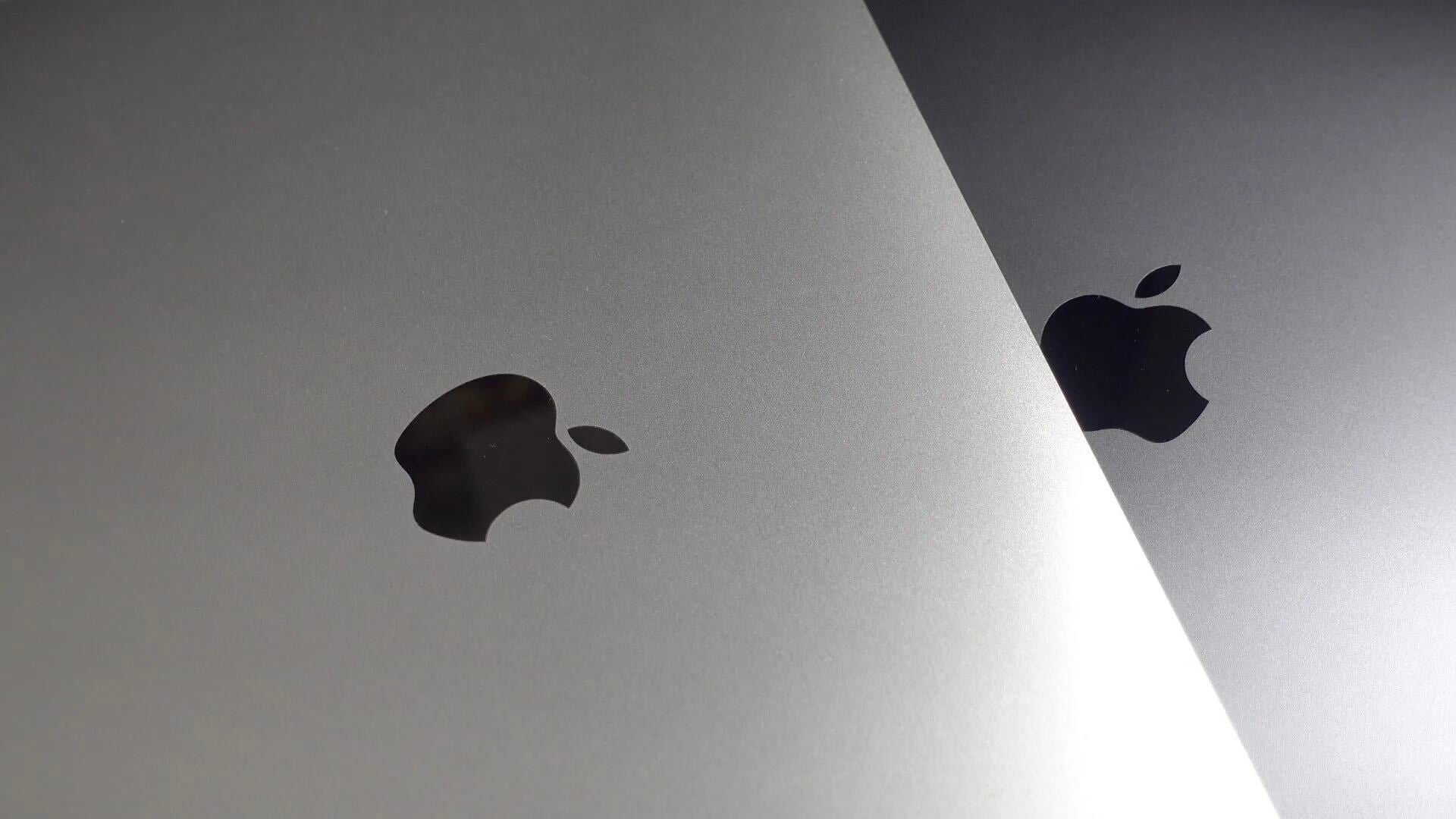Opinion pieces & commentary

 Opinion pieces are intended to provide interesting perspective on an Apple-related topic, and to be an entertaining read. They represent the opinions of their authors, and not of the site as a whole: this is the reason we don’t label them as editorials.
Opinion pieces are intended to provide interesting perspective on an Apple-related topic, and to be an entertaining read. They represent the opinions of their authors, and not of the site as a whole: this is the reason we don’t label them as editorials.
We use the ‘Opinion’ prefix for longer pieces, and ‘Comment’ for shorter pieces that may be making just a single observation.
We fully encourage discussion and debate on opinion pieces, and you are of course welcome to strongly disagree with both the author and other commenters. All we ask is that you apply the golden rule to your interactions: treat others as you’d wish to be treated. In particular, debate the topic not the person – it’s absolutely fine to say that you think someone is completely wrong because x, y and z; it’s not ok to call their views idiotic.
That said, we love to hear your thoughts and views, and really appreciate those who take the time to give their considered opinions.


